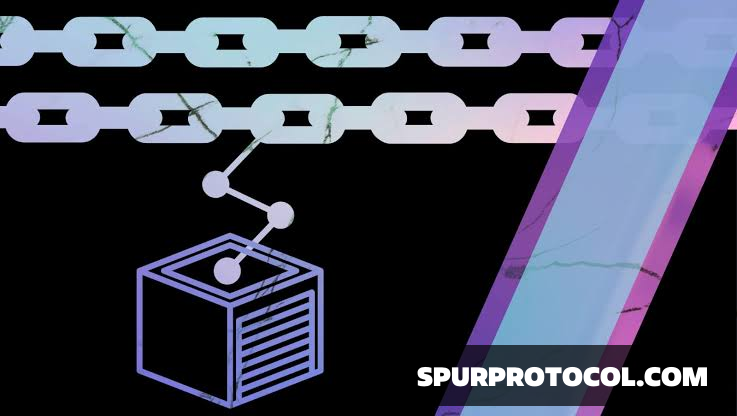What Are Validium And How Do They Work
Validiums enhance Ethereum's scalability by processing transactions off-chain, significantly increasing throughput and reducing fees.
Go Back

🕒 7:26 PM
📅 May 30, 2025
✍️ By Ecojames
What are Validium
Validium is a Layer 2 scalability technology designed to improve the transaction processing capacity of the Ethereum or compatible networks.
How validiums works
Step 1: Transaction submission
- Users initiate transactions by submitting them to the validium operator, who is responsible for managing the off-chain transaction processing.
Step 2: Batching and off-chain processing
- The operator collects several transactions and organizes them into batches.
- The processing of these batches is subsequently done off-chain.
- When compared to processing each transaction separately on the mainnet, this off-chain processing greatly boosts transaction throughput.
- Operators are essential for managing validium chains. They are responsible for collecting transactions, batching them together and generating zero-knowledge proofs to validate these batches of transactions.
Step 3: Proof generation
- Zero-knowledge (ZK) proofs are essential to the operation of validiums.
- The operator generates ZK-proofs following transaction processing.
-These cryptographic proofs demonstrate that the resulting state transitions follow Ethereum network regulations and that the off-chain calculations were carried out correctly.
- Crucially, ZK-proofs accomplish this while protecting privacy i.e., by not disclosing any specifics about the transactions themselves.
Step 4: Proof verification
- The generated ZK-proofs are uploaded to the Ethereum mainnet together with a state commitment, which is a cryptographic representation of the most recent state of the off-chain system.
- The mainnet smart contract validates the validity of the proofs.
- By verifying that the off-chain calculations were correct and that the revised state complies with the regulations of the blockchain, this verification procedure ensures the security and finality of the transactions.
Benefits of Validiums
1. Efficiency
- Validiums can process up to 9,000 transactions per second (TPS) by offloading data storage and computation from the Ethereum mainnet.
- This is crucial for applications such as decentralized exchanges (DEXes), where speed and cost-effectiveness are important.
2. Cost reduction
- Validiums can significantly reduce gas fees by not posting transaction data on-chain, letting users benefit from lower transaction costs.
3. Enhanced security
- With off-chain data storage, validiums can offer enhanced privacy for transactions and an added layer of security without compromising scalability.
Challenges of Validiums
1. Data availability risks
- Validium's reliance on off-chain data availability also introduces risks.
- If operators or data availability managers withhold transaction data, it may be unfeasible to generate the necessary proof for withdrawing user funds.
2. Centralization risks
- The need for specialized hardware to produce validity proofs may potentially lead to centralization.
- If only a few entities can afford the necessary resources, they could dominate the network, undermining its decentralized nature.

